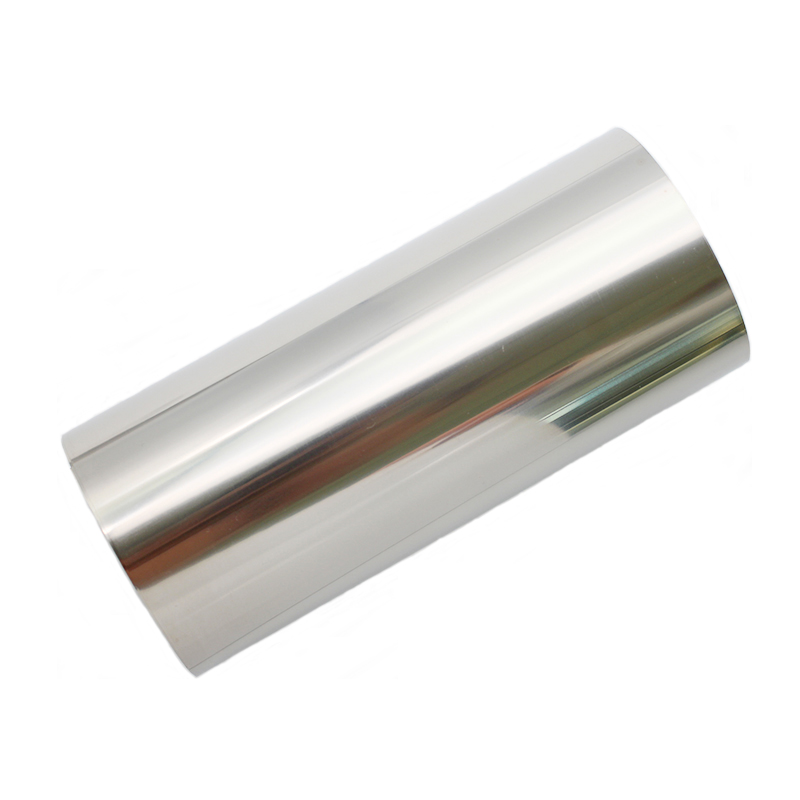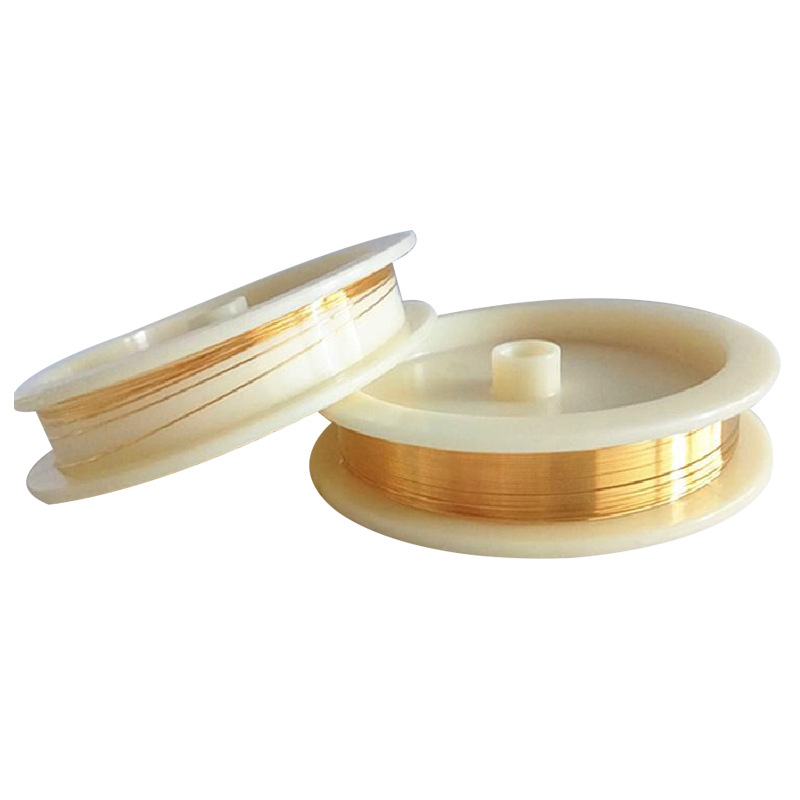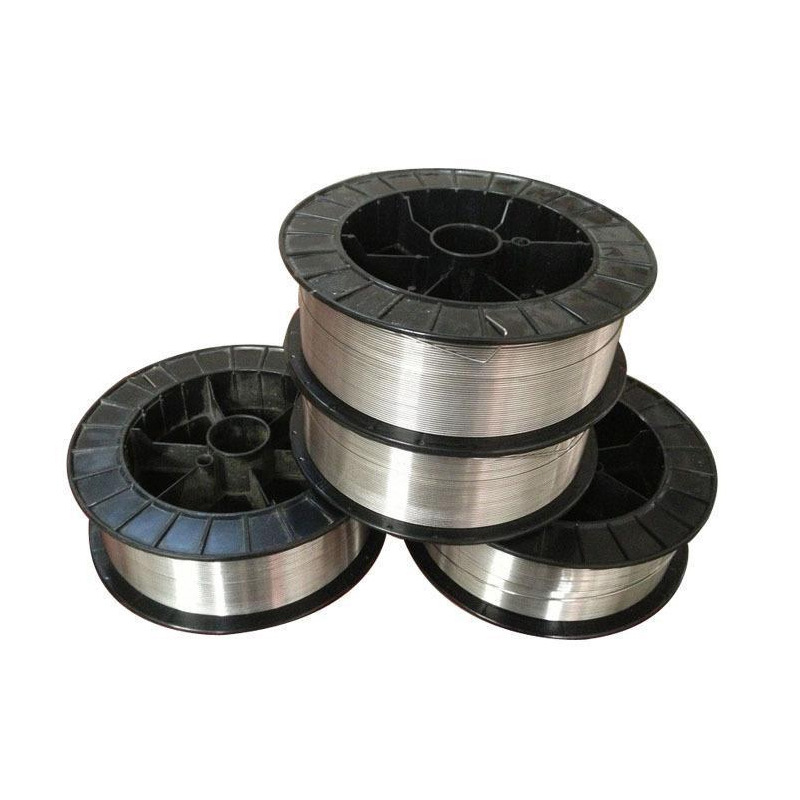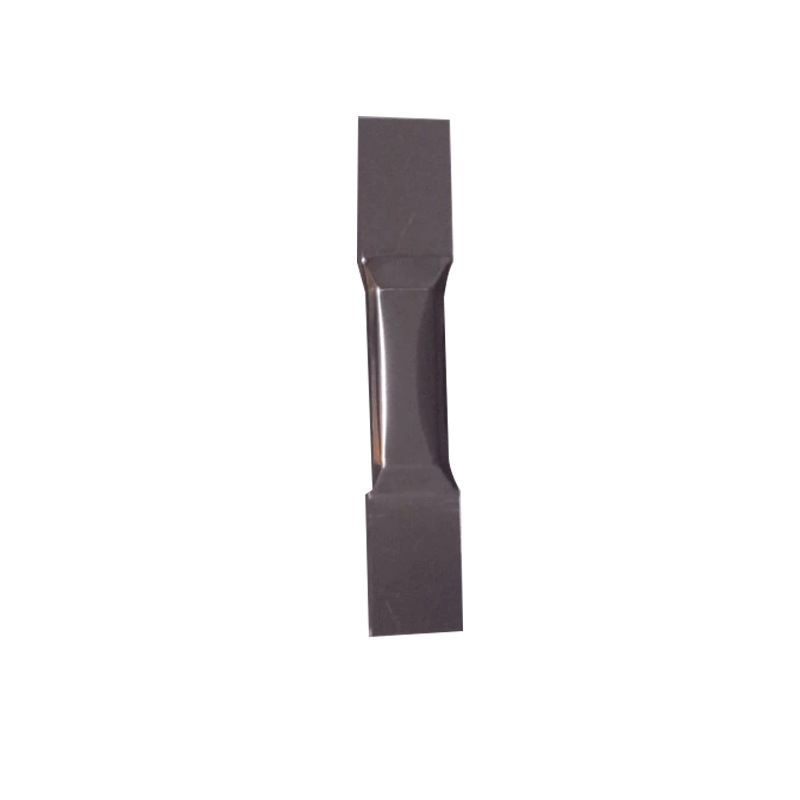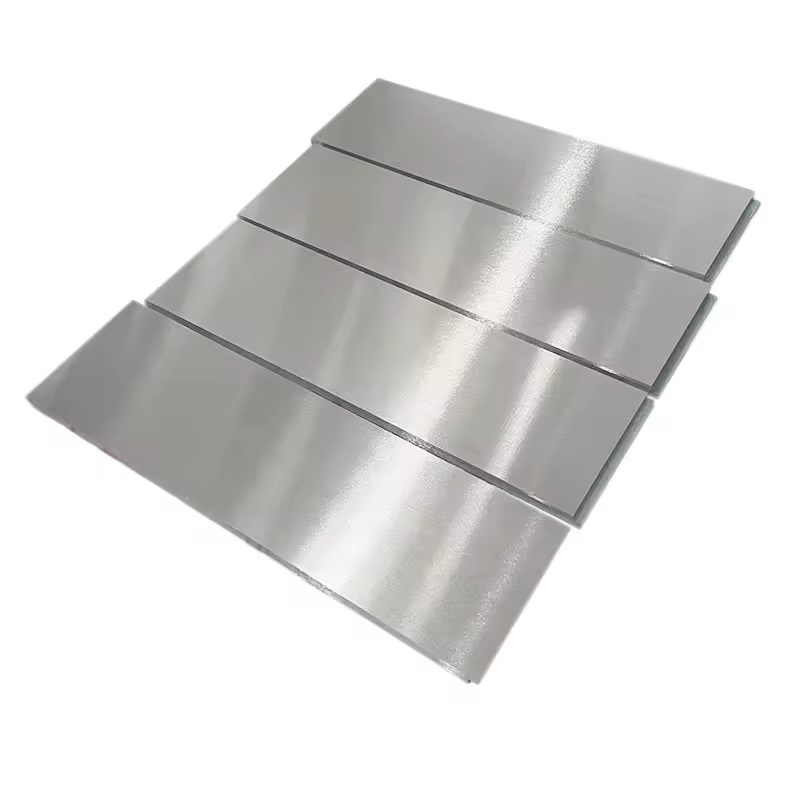Hf Hafnium Foil
- High Melting Point: Hafnium has a very high melting point of 2,233°C (4,051°F), which makes it ideal for applications in extreme heat environments. This property is crucial for components exposed to high temperatures, such as in aerospace and nuclear reactors.
- Excellent Corrosion Resistance: Hafnium foil is highly resistant to corrosion, even in the presence of strong acids or high-temperature environments. This makes it an ideal material for use in chemically aggressive settings, ensuring long-term reliability and durability.
- Good Electrical Conductivity: While hafnium is not as conductive as copper, it still offers good electrical conductivity for many specialized applications. This makes hafnium foil useful in electronic components and semiconductors.
- High Neutron Absorption Capacity: Hafnium has an exceptional ability to absorb neutrons, making it ideal for nuclear applications such as control rods in nuclear reactors. The high neutron absorption properties make it an essential material in radiation shielding and nuclear power generation.
- Low Thermal Expansion: Hafnium foil exhibits low thermal expansion, meaning it does not easily deform under temperature changes. This property is valuable in applications that require dimensional stability when subjected to fluctuating temperatures.
- Biocompatibility: Hafnium is biocompatible, which means it can be used in medical applications without causing adverse reactions. This is particularly important in certain types of surgical and implantable devices.
Custom products or bulk orders, please contact us for competitive pricing!
- Satisfaction Guaranteed
- No Hassle Refunds
- Secure Payments
Description
Hafnium foil is a high-performance material widely used in advanced technologies due to its unique combination of properties, including high melting point, excellent corrosion resistance, and exceptional heat resistance. At Tinsan Materials, we offer high-quality hafnium foil designed for demanding applications, particularly in aerospace, nuclear, and semiconductor industries.
Properties of Hafnium Foil
- High Melting Point: Hafnium has a very high melting point of 2,233°C (4,051°F), which makes it ideal for applications in extreme heat environments. This property is crucial for components exposed to high temperatures, such as in aerospace and nuclear reactors.
- Excellent Corrosion Resistance: Hafnium foil is highly resistant to corrosion, even in the presence of strong acids or high-temperature environments. This makes it an ideal material for use in chemically aggressive settings, ensuring long-term reliability and durability.
- Good Electrical Conductivity: While hafnium is not as conductive as copper, it still offers good electrical conductivity for many specialized applications. This makes hafnium foil useful in electronic components and semiconductors.
- High Neutron Absorption Capacity: Hafnium has an exceptional ability to absorb neutrons, making it ideal for nuclear applications such as control rods in nuclear reactors. The high neutron absorption properties make it an essential material in radiation shielding and nuclear power generation.
- Low Thermal Expansion: Hafnium foil exhibits low thermal expansion, meaning it does not easily deform under temperature changes. This property is valuable in applications that require dimensional stability when subjected to fluctuating temperatures.
- Biocompatibility: Hafnium is biocompatible, which means it can be used in medical applications without causing adverse reactions. This is particularly important in certain types of surgical and implantable devices.
Advantages of Hafnium Foil
- Superior Heat Resistance: Hafnium foil’s high melting point and exceptional heat resistance make it suitable for high-temperature applications, including aerospace components, rocket nozzles, and furnace liners. It maintains its structural integrity even at temperatures that would melt most other metals.
- Durability and Longevity: The resistance to corrosion and wear makes hafnium foil an extremely durable material. This longevity ensures reduced maintenance costs and extended operational lifetimes in harsh environments.
- Radiation Protection: Hafnium’s ability to absorb neutrons makes it indispensable in nuclear reactors, providing effective radiation shielding. It is used in control rods and in other applications where neutron absorption is essential to maintaining safety and efficiency.
- Precision Manufacturing: Hafnium foil can be precisely manufactured to meet specific requirements, including varying thicknesses and surface finishes. This flexibility makes it suitable for high-tech industries that require custom-tailored materials.
- Lightweight: Compared to other high-performance metals with similar properties, hafnium is relatively lightweight, making it useful in aerospace and defense applications where both strength and weight reduction are critical.
- Environmental Sustainability: Hafnium is a naturally occurring element, and when used in high-performance applications, it supports sustainable practices by contributing to energy-efficient and long-lasting technologies.
Applications of Hafnium Foil
- Aerospace and Aviation: Hafnium foil is used in aerospace applications, particularly in the construction of rocket engines, turbines, and other high-temperature components. Its ability to withstand extreme heat and pressure makes it an ideal choice for space exploration and aviation.
- Nuclear Power: Hafnium’s high neutron absorption capability makes it essential in nuclear reactors. It is commonly used in control rods, which regulate the nuclear reactions by absorbing excess neutrons, ensuring the reactor operates safely and efficiently.
- Semiconductor Industry: Hafnium foil is used in the manufacturing of semiconductors, particularly for high-precision components that require stable properties under varying temperature and electrical conditions. It is also employed in gate dielectrics for transistor applications.
- Medical Devices: Hafnium is used in certain medical devices and implants due to its biocompatibility. It is particularly valuable in radiation shielding and diagnostic equipment that require high radiation resistance.
- Thermal Management: Hafnium foil is used in thermal management applications, including heat shields, heat exchangers, and components that need to maintain structural integrity in high-heat environments. Its low thermal expansion and heat resistance are ideal for these purposes.
- High-Temperature Furnaces: Hafnium foil is used in high-temperature furnaces and reactors where extreme conditions are present. It can withstand temperatures that would degrade most other materials, providing essential durability in furnace linings and components.
Customization and Manufacturing of Hafnium Foil
At Tinsan Materials, we provide customizable hafnium foil products to meet specific industrial needs. Whether for aerospace, nuclear, or semiconductor applications, we can produce hafnium foil with customized thicknesses, dimensions, and surface finishes. Our manufacturing process ensures the highest standards of quality, with rigorous testing at every stage to meet the exact requirements of our customers.
If you have specific requirements, such as sizes, purity, or application details, please contact us to match your needs.

